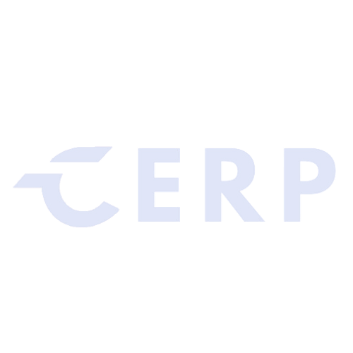-
IEPTT: Improving Employee Participation in Twin Transition
The project aims to take the learnings and prepare an action plan for smoother, fair and reasonable implementation of the twin transition as defined by EU.
-
Improving Employee Participation in Twin Transition
The implementation of the IEPTT aims in achieving understanding about the action plan including implementation of Improved Efficiency in terms of action plan for adoption of advanced technologies and sustainable practices will result in significant improvements in production efficiency, reducing costs and enhancing competitiveness.
-
Collective bargaining and environmental responsibility – challenges and perspectives for transport and public sector
Overall objective of the CERP project is to promote analysis and research on industrial relations, at EU level as well as in comparative terms, thereby contributing and promoting exchange of information and experience among the parties actively involved in industrial relations, with the aim of contributing to developing and reinforcing industrial relations structures in Europe.
-
Mobility ImPACT on Transport Workers (MIPACT)
The Mobility ImPACT on Transport Workers (MIPACT) project aims to support the implementation of key principles regarding the posting of workers. It focuses on funding initiatives that enhance the correct application of Directive 96/71/EC and Directive (EU) 2018/957, as well as the enforcement of Directive 2014/67/EU. A research project will be developed to analyze the…
-
POSTCARE 2.0
The POSTCARE 2.0 Project is an initiative supported by the European Union, involving collaborative efforts from Greek partners along with Public and Private Organizations and Associations from Poland, Spain, Germany, France, the Netherlands, Lithuania, and Serbia. The primary focus of the project is to address and analyze the challenges faced by assisted caregivers who have…
-
Improving Education Sector Workers’ Involvement in Decision-making
The project “Improving Education Sector Workers’ Involvement in Decision-making” aims at enhancing participatory procedures which will result in sharing best practices among education sector workers’ and increase their engagement in decision-making. The project aims will be achieved in three dimensions – local and regional raising-awareness activities, international networking opportunities for social partners. The partners will…
-
Transposition
“Transposition” is a 20-month project implemented in the framework of DG Employment. The project addresses the challenges concerning the posting of workers in the framework of the transnational provision of services. The project that will be implemented in 9 countries, targets the workers, companies and social partners of transport. The strategic objective is to improve…
-
GIC Economy
“GIC Economy” is an 18-month project implemented in the framework of DG Employment. As the most important industry for the European economy, the automotive industry should lead the processes of adaptation of worker participation mechanisms in order to ensure that worker’s voice is heard and their interests are reflected in decisions taken by the companies.…
-
MOBILEurope
MOBILEurope overall goal is in line with the general objective of this call, because MOBILEurope will promote analysis and research on industrial relations, at EU level as well as in comparative terms (identifying convergences and differences in the industrial relations systems in place in the EU Member States and in Candidate Countries), thereby contributing and promoting exchange of…








